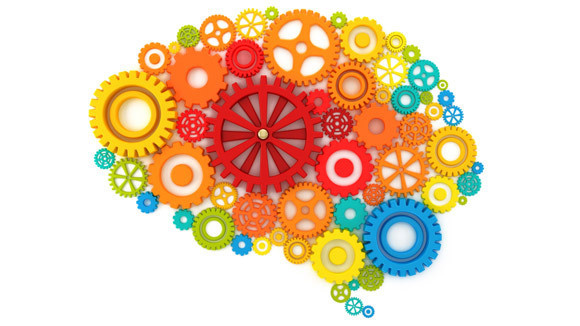Psychology now focuses not only on mental disorders but also on making the lives of people more fulfilling and efficient and identifying brilliant people. Previous research, however, has continued to assess what is wrong with individuals, and efforts have also been devoted to these fields whilst concentrating on how to treat and fix people’s psychiatric issues and deficiencies.
A small group under the leadership of Martin Seligman found that positive attitudes, creating capabilities in individuals were poorly neglected, and hence the positive psychology movement originated. Positive psychology stresses what is good with humans not what is wrong and insists on the means of a happier life.
Not only does a Positive Psychology Degree give you prospects for personal development, but it also offers numerous job opportunities. And doing this gives prestige and reputation to you. And it makes it possible for you to view and live the world in a distinct form and lead a life of quality. Just a few of them are critical thinking, problem-solving, innovative thinking, understanding individual human actions.
Positive Psychology is one of the best strategies for recognizing both our own culture and our surrounding world, finding their strengths, and understanding the goodness, including personal decisions to social habits. Because making sense of your family, friends, lover, and the world in which you live, revealing the fundamental motives behind behavior patterns are very enjoyable processes. On the other hand, positive psychology training by concentrating on the opportunities and the good you have instead of solving problems will give you a completely different viewpoint.
What could this entirely different viewpoint be? Here we describe the theory:
1. Pleasant Life
Maybe you might think about a more hedonistic idea when you hear the word “pleasure,” which means an existence based entirely on pleasure. But Martin Seligman is not talking about it.
Pleasant life means a life that promotes good feelings and enables them to endure.
How about? We have to satisfy our basic requirements, first of all. In Maslow’s pyramid, these are core needs: food, safety, acceptance, and gratification.
Likewise, we have to find a balance between the past, the present, and the future.
2. Good Life
It is not as simple to live a very good life as you imagine. With wealth, power, or social achievement, happiness doesn’t always come. We need to feel satisfied, free, and happy at the same time to truly fulfill your happiness potential.
Martin Seligman created a method for classifying human strengths in partnership with Christopher Peterson, an authority on optimism and positivity. This method was intended to assess what we need to focus on every day to maximize our capacity. These areas summarized as:
6 virtues
- wisdom & knowledge
- courage
- love & humanity
- justice
- temperance
- spirituality & transcendence
3. Meaningful Life
A meaningful life is deeply linked to the top of the pyramid of Abraham Maslow. Here, a human is at a point where s/he uses his/her own strengths and ideas to contribute to other people’s satisfaction. This involves making sacrifices for others. Seligman describes this as goodness by putting oneself beyond individual pleasures and helping all people around them.
We must understand that we need to do a lot of tedious, thorough, and patient work to arrive at some conclusions, concrete evidence, and observations. Positive psychology is always based on a variety of techniques of research, and the best way to understand these approaches is to be enrolled in the Positive Psychology Program.







